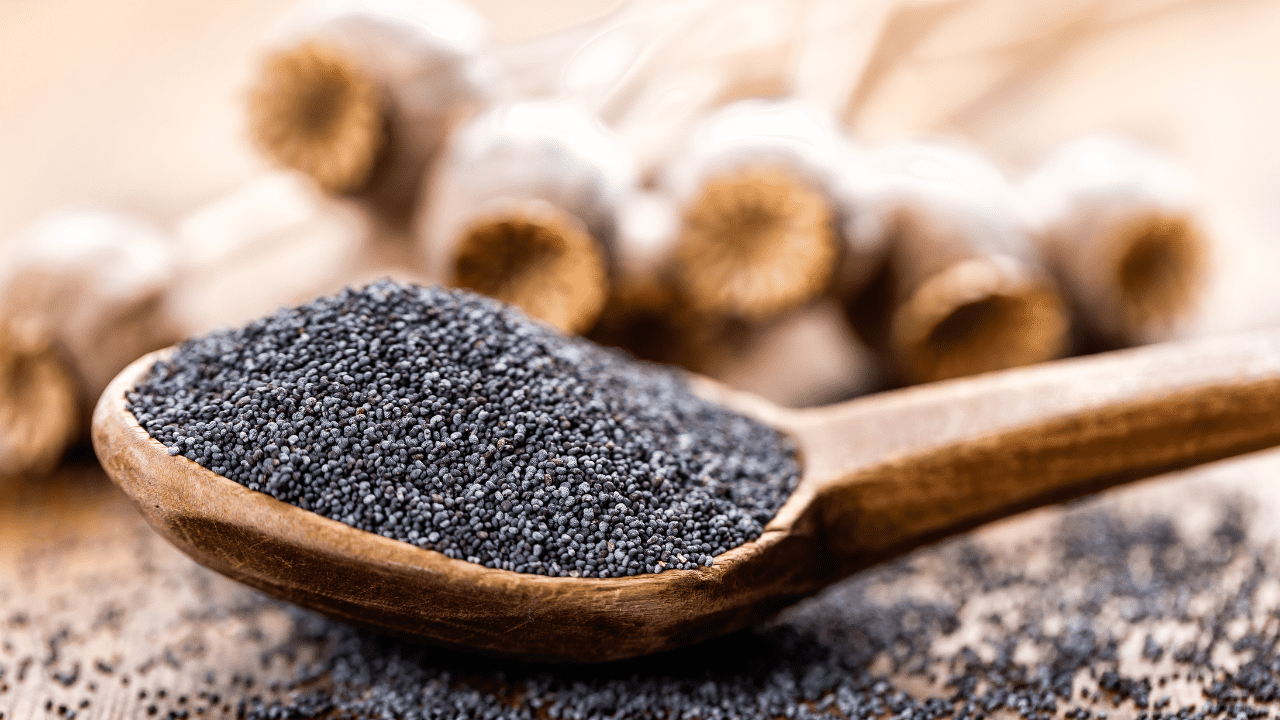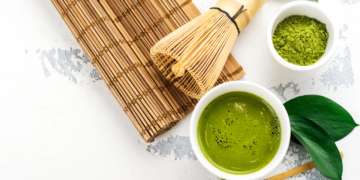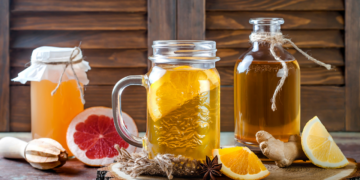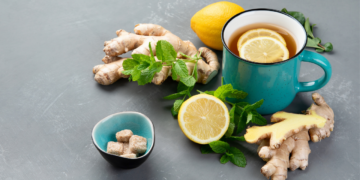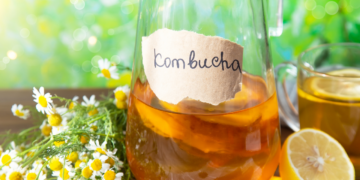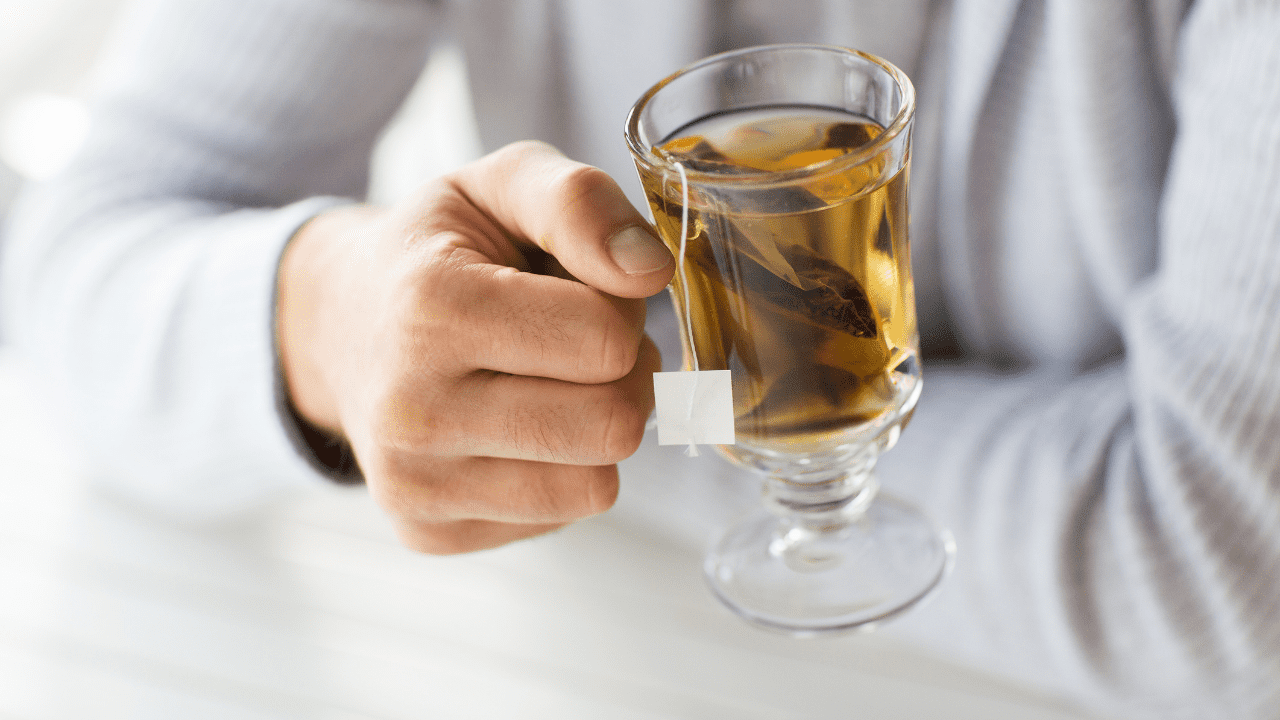Poppy seeds come from opium poppy or papaver somniferum. Historically it was more commonly used to make bread and poppy seed oil, but now it has a new variation: poppy seed tea. It was reported in 2008 that a 17-year-old boy died after drinking two liters of poppy seed tea which he brewed at home. He died of acute morphine codeine and thebaine intoxication.
Not all tea is healthy, and this is particularly true of PoppySeed Tea because:
- Morphine content in bulk seeds is hard to measure. When brewed at home might contain higher concentrations of morphine than otherwise expected.
- When coupled with benzodiazepines, Xanax or Valium, or Klonopin the combination can be lethal.
- The opioid and morphine in poppy seeds when frequently consumed as a drink can cause gradually lead to dependence and addiction.
But before we discuss the makeup, dangers, and benefits of poppy seed tea, let’s first try to understand what a poppy plant is. This will be the first step to understand why a commonly-used ingredient has become a cause of death when drank as a tea.
Poppy Seeds In Food
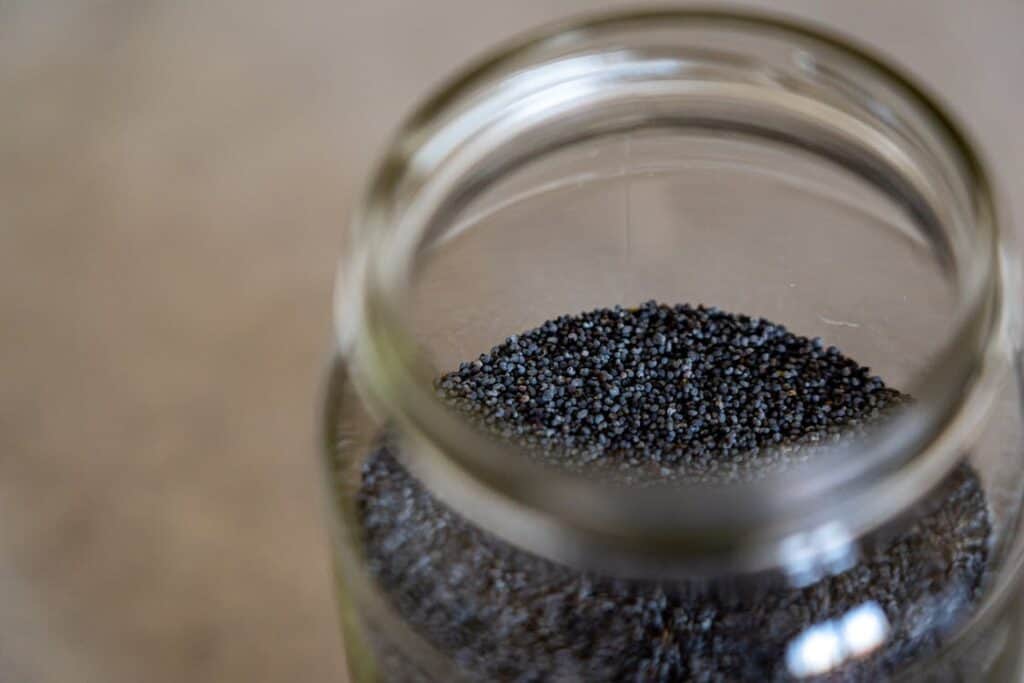
Opium poppies or bread seed poppies are flowering plants of the Papaveraceae family native to the Eastern Mediterranean. Poppy plants were cultivated and traded in ancient times. Historically, It was primarily a large-scale crop, cultivated especially for its seeds, which was then used for baking. Many bread and pastries around the world contain poppy seeds as a spice and or decoration.
Today, Poppyseed paste is sometimes mixed with butter or milk and sugar for fillings. The paste is available commercially in cans.
Additionally, Poppy seeds are also used to create poppyseed oil, a valuable commercial oil that has culinary and industrial applications.
Health Benefits of Eating Poppy Seeds

Poppy Seeds have some health benefits when eaten. Many online articles report advantages such as:
- Rich in nutrients and antioxidants. Poppy seeds are rich in fiber, healthy fats, and various other nutrients. These seeds are particularly high in manganese, a trace element essential to bone health and blood clotting. The seeds also help your body utilize amino acids, fats, and carbs.
- It contains pain-relieving properties. A variety of opium alkaloids including morphine, codeine, and thebaine are found in the poppies. These alkaloids are used in pharmaceutical drugs meant to relieve pain, calm, and induce sleep.
- Boost heart and skin health. Mono- and polyunsaturated fats are particularly abundant in poppyseed oil, so they may be beneficial for your heart and skin.
- Helps in better digestion. The high fiber content may improve gut health and reduce constipation.
- Improves eye health. Antioxidant content and zinc content help improve vision and protect against eye disorders such as Macular Degeneration.
- Helps improve thyroid function. The thyroid gland relies heavily on zinc, and because they contain an abundance of it, poppy seeds can potentially be beneficial to the gland.
While consuming it as part of your meal can be beneficial, drinking it as tea can be lethal. When one of the earlier deaths from this drink was recorded in 2008, the parents couldn’t find access to studies connecting poppy seed tea and death. Now there are a lot of reports, research, and other scientific materials that prove that this beverage can be deadly.
The Dangers of Drinking Poppy Seed Tea
Research conducted using liquid chromatography-tandem mass spectrometry showed that there are potentially lethal doses of morphine found in poppy seed tea. While the small amounts of seeds found in baking goods, salad dressings, or granola are harmless, tea made from its raw seeds can potentially cause addiction, withdrawal, and overdose.
Drinks containing poppyseed have been documented throughout history. A Swiss physician named Paracelsus is credited with developing laudanum in the 16th century. It is made by mixing opium, distilled water, and alcohol. The use of Laudanum as medicine continued up until the 19th century and was administered to patients in Europe and the U.S. During that time, it found its way into patented medicines. It wasn’t until the early 20th that concerns about the danger of the drug were raised and regulations were put in place.
Using food-grade poppy seeds removes up to 90% of the opioids, the unprocessed seeds used for tea are unwashed. What is worse is that Processing methods vary depending on the producers, and the amount of codeine and morphine differ between crop yields.
The presence of opioids in poppy seed tea raises the risk of dependence and addiction. Speak to your doctor before stopping cold turkey. Immediate withdrawal causes unpleasant symptoms that are similar to having the flu. A fever, sweating, nausea, vomiting, and muscle pain are common symptoms. It can also lead to insomnia. If you need support in getting off opioid-based drugs, avoid self-administration of poppy seed tea as an alternative. Check out this website of drug rehabilitation centers in America that offer free services.
Is Poppy Seed Tea Illegal?
While the Opium poppy cannot be legally grown in the U.S. the seeds can be imported from countries like Turkey and the Netherlands as a food ingredient. That said, The DEA classified “poppy straw,” and/or all parts of the poppy plant apart from the seeds a Schedule II controlled substance. Also importing contaminated poppy seeds is illegal but it is possible to buy unwashed seeds online.
Why Is Poppy Plant Allowed In New Zealand
The plants can be grown legitimately in New Zealand, but only as an ornamental plants, and not for the purpose of producing the drug. The NZ Drug Foundation highly recommends not growing or selling the flowers and seeds in large quantities.
Can poppy seeds be traced in urine and produce positive drug-test results?
The Institute of Environmental Science and Research in New Zealand confirmed that morphine can be detected in a urine sample when poppy seeds are eaten within 12 to 24 hours before collecting the sample. This isn’t an urban myth. It’s documented and scientific fact. The amount of opiates in poppy seeds depends on where it was harvested and how it was processed. Depending on how many poppy seeds you’ve consumed and their country of origin, and the drug test administered, consumption of poppy seeds can give your urine drug test a positive result.
Why Do People Still Drink Poppy Seed Tea?
Despite the fact that numerous deaths from drinking this beverage have been recorded, a lot of people still experiment to see if its claimed medical and health advantages are true. Historically, poppy seed tea has been used for its narcotic, analgesic, or euphoric effects. More and more people saw the opportunity to use it as a substitute for opiates. Alternatively, it’s also marketed on the underground online marketplaces as a sleep aid, a pain reliever, and a remedy to ease opioid withdrawals. In some cases, it’s also considered to help with anxiety. There are also claims that it can be used as an alternative treatment for insomnia.
Research showed that the U.S. poison control center received 392 calls between 2000 and 2018, regarding exposure to poppy seed tea. A number of these exposures were intentional either as a form of self-medication and therapy or in some cases self-harm. Unintentional drinkers weren’t familiar with the opiate contamination levels, therefore causing an accidental overdose.
What Are The Supposed Benefits To Poppy Seed Tea?
Surprisingly, there are some recorded cases where it helped opioid-dependent patients to wean off the drug. It’s ironic that something that could also be addictive can be used to treat drug-dependent people. But the fact remains that Poppy Seed Tea or PST is used commonly by opiate-dependent patients attending an alcohol and drug clinic. There were 2 recorded cases for opiate abuse in New Zealand where administration of PST helped them transition and recover from dependence.
Conclusion
Tea has always been believed to have medical and health benefits. Over the years, there are many supposed tea-related treatments that have taken the health and wellness market by storm. For instance, do you remember when detox teas were all the rage? Maybe they still are, but that aside from the point… A lot of fads and trends come and go but not all are harmless. Poppyseed tea is not a harmless tea trend.
If you are looking for teas that impact health positively, check out this article on our list of all the surprisingly healthy tea available on the market.

